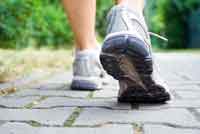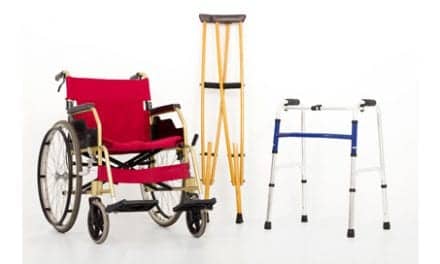
Thirteen patients were treated with transcranial magnetic stimulation (TMS) while 11 patients received sham stimulation. An American Heart Association news release notes that patients received 20 minutes of TMS or sham stimulation followed by 45 minutes of speech and language therapy for 10 days. The results suggest that the TMS group exhibited an average improvement three times greater than the non-TMS group.
Alexender Thiel, MD, study lead author, associate professor of neurology and neurosurgery at McGill University in Montreal, Quebec, Canada, rearticulates the results, emphasizing that, “TMS had the biggest impact on improvement in anomia, [and] the inability to name objects, which is one of the most debilitating aphasia symptoms.”
Thiel adds that integration of brain stimulation within about 5 weeks post-stroke may prove effect, “because genes controlling the recovery process are active during this time window.”
Source: American Heart Association




